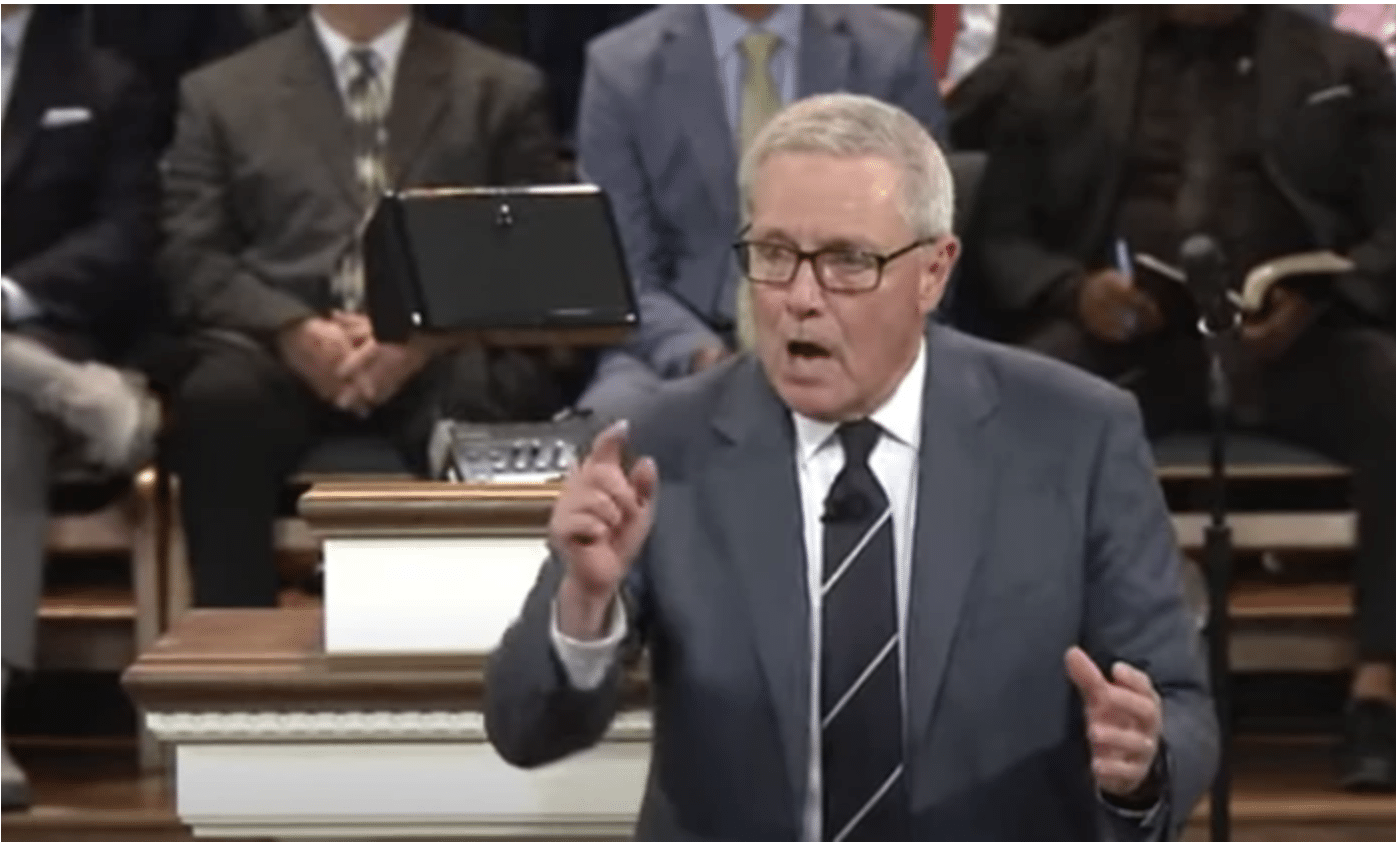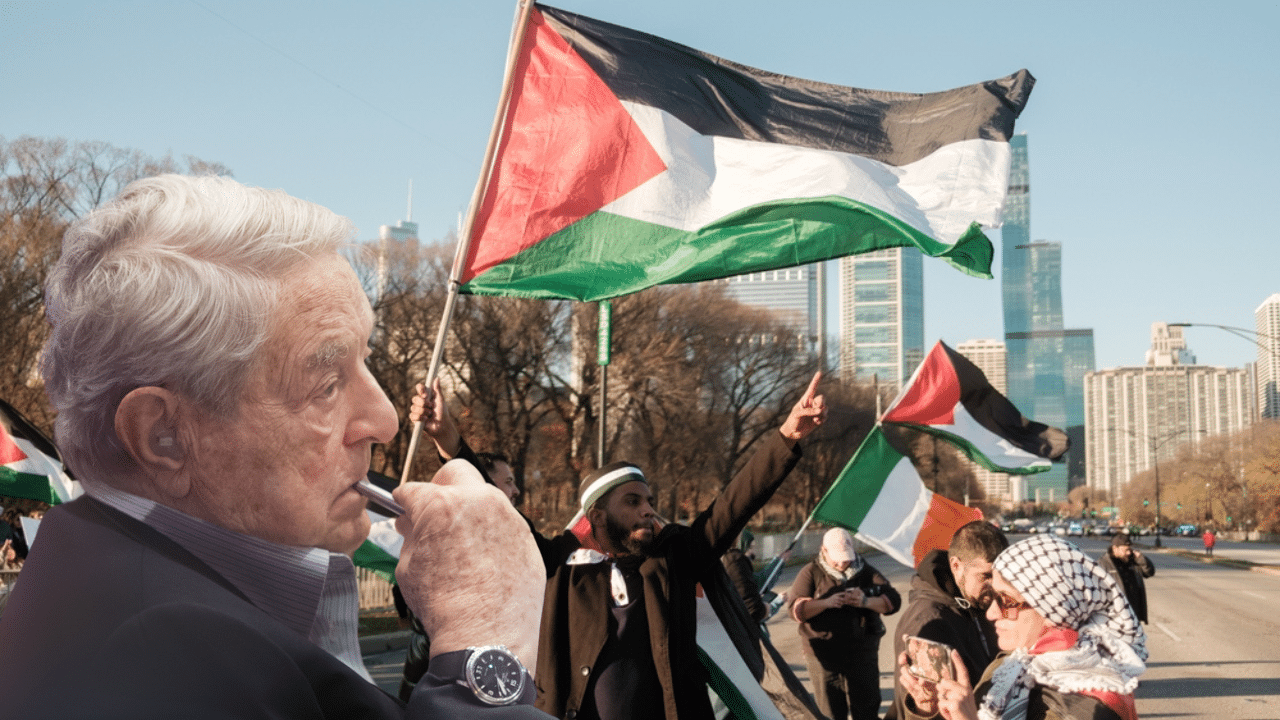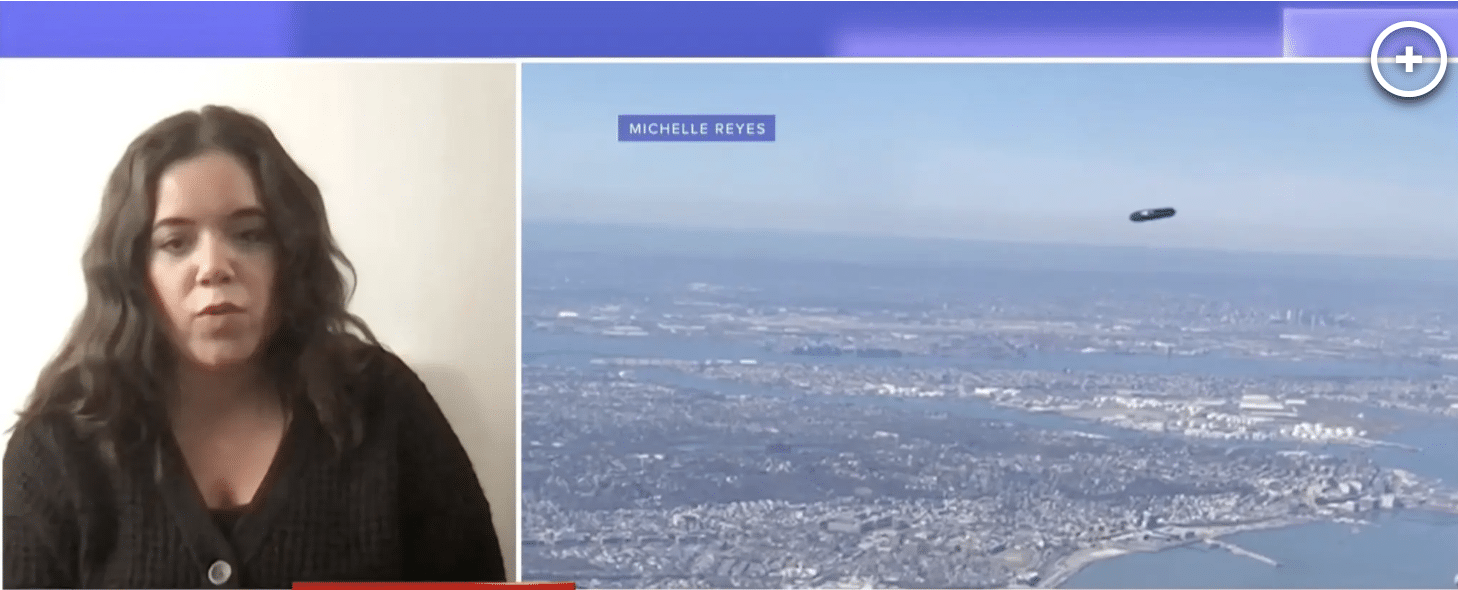(ETH) – The COVID pandemic has reportedly devastated the city of Chelsea, Massachusetts in terms of infection rates and unemployment. “We have lots of undocumented workers here so many of them lost their hours, lost their jobs and they were not entitled to any kind of government assistance,” City Manager, Tom Ambrosino, told CBN News.
According to the report, Chelsea tried running a food pantry but discovered that it wouldn’t be enough to help residents in need. Then, city leaders launched “Chelsea Eats,” which is a guaranteed income pilot program. A lottery was done with 2,074 low-income families being selected to receive a Visa debit card loaded with $200 to $400 a month, depending on the size of the family. “It really is intended for food and necessities, but it is a basic income program.
The card can be used anywhere that Visa is accepted in the entire world. There are no restrictions on the use of the money,” explained Ambrosino. According to CBN, This city is not the first city to explore this kind of program and now more than 25 mayors in other cities across the US are all running similar pilots.
They’re part of a coalition called Mayors for a Guaranteed Income. “We strongly believe that just because someone is poor does not mean they’re irresponsible, and the data bears that out. 99 plus percent of the expenditures on these cards are for food and necessities. There’s very little frivolous spending,” said Ambrosino.
In fact, PEW reported: “Basic-income” programs — designed to dole out direct cash payments to large swaths of people, no strings attached — were, until earlier this year, largely the realm of Washington, D.C., policy wonks and West Coast futurists. But amid the pandemic and a global recession, both basic income and a basket of related policies have gained unprecedented momentum, surfacing everywhere from Capitol Hill to community Zoom meetings in cities like Hudson”.
These programs would essentially function as a type of cash welfare, providing a flexible, fungible benefit to low-income Americans and would essentially send cash to everyone regardless of income level.

















